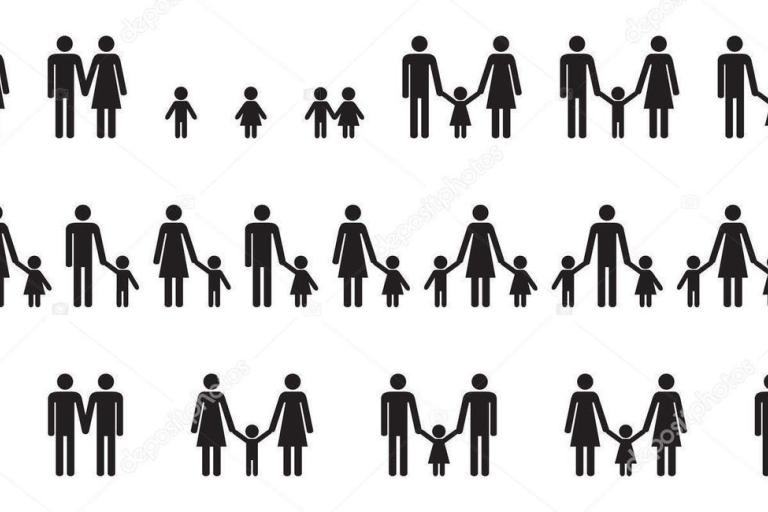
Harassment can include derogatory or obscene language, inappropriate jokes or comments, the posting of inappropriate materials, or unwanted touching or physical contact. Federal law prohibits harassment based on race, color, religion, national origin, disability, age (40 or older), sex (including pregnancy, sexual orientation, and gender identity), and most recently, genetic information (including family medical history). The New York State Human Rights Law, New York City Human Rights Law, and the New Jersey Law Against Discrimination also prohibit harassment based on marital or familial status, caregiver status and military status, in addition to those already protected under federal law.
Similarly, there are federal, state, and city laws that prohibit your employer from discriminating against you because of a protected characteristic in matters involving:
- hiring and firing
- promotion, demotion or transfer
- compensation
- assignment or classification of employees
- layoff, reduction in force (RIF) or forced retirement
- job advertisements and recruitment
- testing
- use of company facilities
- training and apprenticeship programs
- retirement plans, health/medical and fringe benefits
- disability leave and severance
Most workers in New Jersey cannot be denied employment based on arrest or conviction record, and most workers in New York additionally cannot be denied employment based on credit history, pre-employment marijuana testing, and unemployment status.
Employers are also prohibited from retaliating against an employee who makes a good faith complaint about harassment or discrimination due to a protected characteristic. The New Jersey Conscientious Employee Protection Act also prohibits employers from retaliating against employees who report, object to, or refuse to participate in unlawful activities, such as fraud, violations of laws or regulations, or threats to public health, safety, welfare, or the environment. A similar New York law prohibits retaliatory action because an employee discloses or threatens to disclose a violation of any law, rule or regulation or poses a substantial and specific danger to the public health and safety or objects or refuses to participate in any such activity, policy or practice. Under federal law, retaliation must result in an adverse employment action, such as being fired or demoted. Under New York State, New York City, and New Jersey law, less severe forms of retaliation may still qualify as unlawful retaliation.
If you are a worker who is experiencing harassment or discrimination, it is important to learn your rights - you do not have to wait for something to happen before you contact an attorney. Attorneys at Virginia & Ambinder, LLP have the comprehensive experience to handle all of the facets and intricacies of litigation involving claims for harassment, discrimination and retaliation. Contact us to schedule an initial consultation. Our office hours are 9 a.m. to 6 p.m., with weekend and late-evening appointments available by pre-arrangement. All of our consultations are free and confidential. Spanish, Polish and Russian language services are available.


